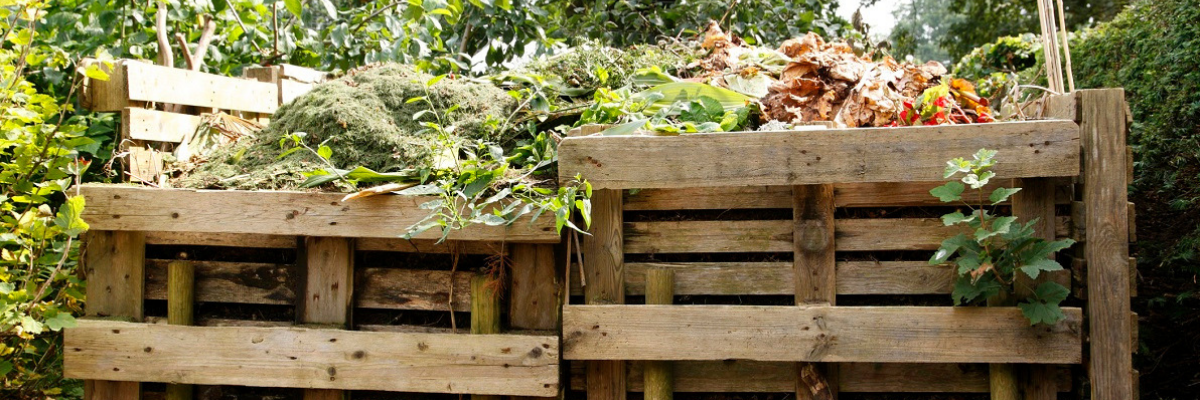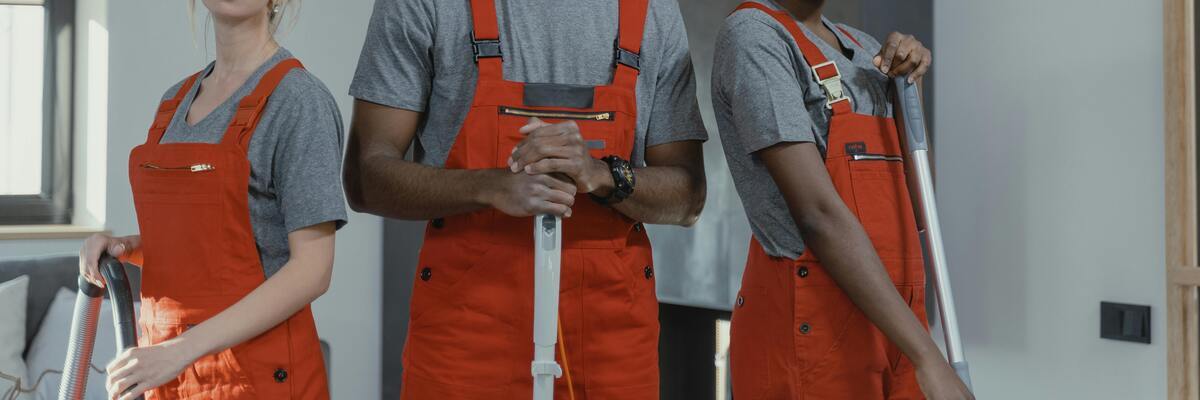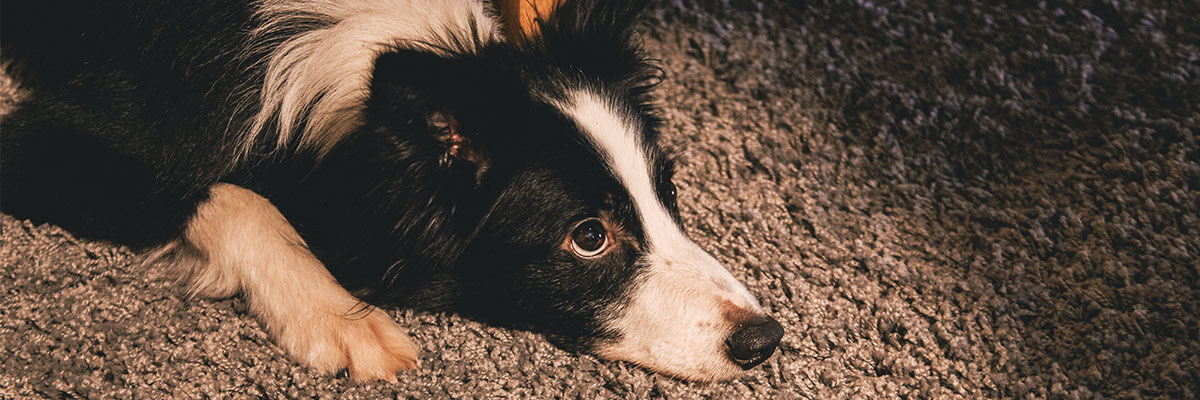It’s a Sunday afternoon and you’ve whipped up a roast dinner with all the trimmings. While a delicious way to round off the week, there is one drawback: there’s a lot of waste.
Enter composting - the gardening enthusiasts saviour! You can easily repurpose your old potato peels, carrot tops, and broccoli leaves. Garden compost breaks down organic matter naturally, so after a few months, your old waste turns into natural homemade fertiliser.
To get your compost just right, however, there are a few techniques you need to adopt. To see how to make compost at home, take a look at our top tips, below.
What is compost?
Garden compost is a great tool for keeping your plants healthy, but it’s also an excellent way to put garden and food waste to good use – recycling, instead of just binning.
Composting takes recyclable organic waste and turns it into fertiliser. As the waste biodegrades and decomposes, you’re soon left with valuable garden compost that you can then use throughout your garden.
Garden compost can be used for a range of things in your outdoor spaces. You can use it as mulch, mix it into beds for planting veggies or flowers, or even use it as potting soil for in and outdoor plants.
How to make compost at home
1. Buy a compost bin
To make the garden compost process as pain-free as possible, you need to start a compost bin.
Compost bins are sealed containers that help speed up decomposition by providing a sheltered place for your garden and household waste. Your homemade fertiliser then develops as the bin fills up. The two most common types of compost bin are:
Stationary composter: The most common type of compost bin. Simply add the likes of food waste and garden off cuts to the top of the bin, lock the lid into place to keeps rodents at bay, and you’re good to go! Over time, your scraps will become compost for you to remove from the hatch - usually at the bottom of the bin – to use around your garden.
Tumbler composter: Featuring a rotating drum that you can use to rotate your compost, typically via a handle on the side, or simply by moving the drum itself. This type of compost bin is designed to be locked off until the compost is ready, when you can take the lid off, to use the finished compost how you’d like!
2. Bin the right garden waste
Knowing the right material to compost can be tricky, but it’s typically best to stick to only green and brown waste, with a 50:50 split between each.
Green waste includes products like weeds, veg peelings, and leaves. Ever wondered if you can compost moss? Well, if it’s green, then go ahead and stick it in your compost bin! Grass clippings from your lawn mower, fruit scraps, and de-rooted nettles are safe to pop in your compost bin too.
Brown waste is the likes of carboard, wood chippings, twigs, and dry leaves. You can even pop brown paper bags and shredded up paper in your compost bin as well, just be sure the latter is non-glossy and uncoloured before doing so.
3. Rotate your compost mix
Whether you went for a stationary or tumbler compost bin, it’s important to keep rotating your garden compost.
Turning over your garden compost mix helps to add to the materials, which is a necessary part of the composting process. In general, you’ll want to give your compost a mix once every week or at least once every 10 days.
You can use garden tools like hand trowels to mix up the smaller garden compost piles, while you might find a larger spade easier for turning the larger pile. Make sure you get right to the bottom of your compost bin, ensuring all of the waste gets a good turn over.
4. Protect mix from rain
Now, we know the UK sees it’s fair share of rain but keeping your garden compost protected from this is crucial to the process.
Too much moisture in your mixture can slow down the composting process. Generally, you want your garden compost to feel like a wrung out sponge – not too wet, but not too dry either. If you notice puddles at the bottom of your compost bin, then the mix is too wet, and you need to let it dry out.
TOP TIP: The best time to start making compost at home is between late summer and early winter. This is when conditions are warm but not sweltering – the ideal environment for decomposition.
5. Wait for the compost to be ready
While your food and garden waste will decompose all by itself, you can’t expect your finished product to appear overnight. So, how long does compost take to complete?
Well, compost takes around three months to fully decompose. Place your waste in the wrong conditions, though, and it could take upwards of one year!
Following the proper steps for composting can help keep the wait time lower, but there are other steps you can take to try to speed the process up. Cutting up your garden waste before it goes in the compost bin can help them break down faster, while adding compost activators like coffee grounds or chicken manure can help speed the process up a bit too.
TOP TIP: When your compost no longer gives off heat and looks dry and crumbly, it’s ready to be sprinkled on your garden.
And just like that, you’ve got your very own garden compost! Looking for more advice to keep your garden in tip top shape? For the best small garden ideas or ways to care for your lawn in every season, head over to our blog.




